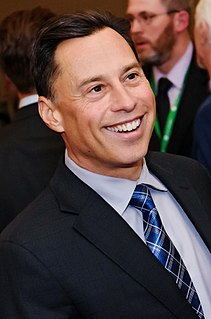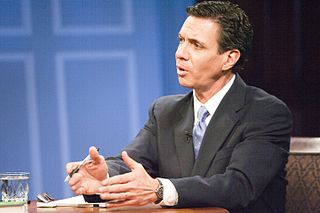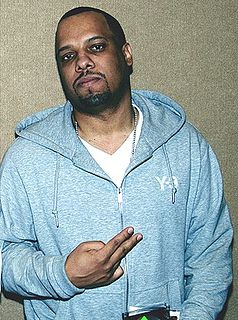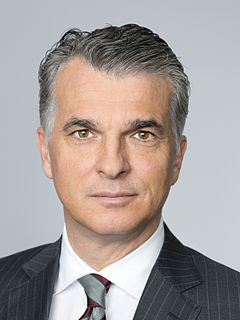A Quote by Steve Ells
Our investors are here for only one reason: great returns. They want to make money.
Related Quotes
I believe that the behavior of too many of our corporations investment bankers and fund managers has jeopardized some of the trust that investors have had. It's not the economic engine that we need to focus on, but the need to make sure that our investors receive their fair share of the returns that that great economic system produces.
We want to encourage investors to target businesses that focus on achieving more than just profits - by placing their money into businesses that also positively contribute to social or environmental benefits in Ontario. Angel investors can help social enterprises grow and succeed, and through our partnership with the Network of Angel Organizations and the Impact Angel Alliance, we are making it easier for social ventures and angel investors to connect, contribute, and make our society a better place to live.
Investors, of course, can, by their own behavior make stock ownership highly risky. And many do. Active trading, attempts to "time" market movements, inadequate diversification, the payment of high and unnecessary fees to managers and advisors, and the use of borrowed money can destroy the decent returns that a life-long owner of equities would otherwise enjoy. Indeed, borrowed money has no place in the investor's tool kit.
Where you want to be is always in control, never wishing, always trading, and always first and foremost protecting your ass. That's why most people lose money as individual investors or traders because they're not focusing on losing money. They need to focus on the money that they have at risk and how much capital is at risk in any single investment they have. If everyone spent 90 percent of their time on that, not 90 percent of the time on pie-in-the-sky ideas on how much money they're going to make, then they will be incredibly successful investors.

































